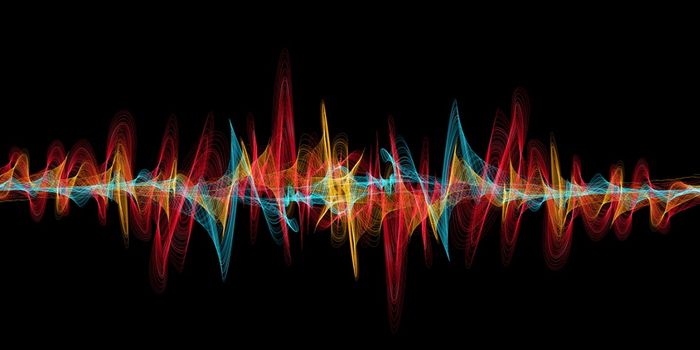The numbers on the incidence of schizophrenia are sobering.
Current statistics show that approximately 1% if the U.S. population suffers from the brain disorder. Many people who have it are affected by delusions, hallucinations and emotional outbursts. The disorder also impacts a person’s ability to focus, perceive reality, express emotion appropriately and relate to others. Currently there is no cure for schizophrenia.
Traditional therapy calls for the use of medications, most of which are psychotropic or antipsychotic drugs that can have devastating side effects including weigh gain, tremors, and emotional numbness. Recent research however has shown that keeping the dosages of medication low and including intensive talk therapy and family support could be a better way to treat schizophrenia.
Mental illness, either untreated or undertreated, has been cited as a contributing factor in mass shootings like the one at the Navy Yard in Washington DC and the one at Sandy Hook Elementary in Newtown, CT.
A study published this fall led by Dr. John M. Kane, chairman of the psychiatry department at Hofstra North Shore-LIJ School of Medicine encompassed 34 community care clinics in 21 states. Dr. Kane and his colleagues split the clinics into two groups. One to provide treatment as usual which was usually higher doses of medication and little or no support and the other the combined package of lower medication doses and greater support.
The study team worked with the staff of the clinics providing the combined approach so that the therapists and other staff could effectively implement a plan that included the lowest possible dose of the antipsychotic medication, and a therapy program with three elements. The therapeutic support involved assisting patients with work or school issues such as choosing career education or helping with workplace strategies. The second element was family support, educating the patient’s family members on the nature of schizophrenia, how it affects the brain and how it manifests in patients. The third and final element was one-on-one talk therapy that specifically addressed hallucinations and taught patients to talk back to the voices they might hear in their heads.
The results of the study showed that in patients who received the combination of medication and therapy at their first onset of a psychotic episode (that is, early in their disease progression) had a better response, including a higher rate of symptom relief and were functioning better overall than study participants who did not receive support. Given the fact that many research studies show that a
pproximately three-quarters of patients who are placed on antipsychotic medications, stop taking them within 18 months due to side effects or poor response, the study results are a validation of the importance of more than just drug therapy in acute mental illness.
In a press release about the study, author Dr. John Kane said, "The goal is to link someone experiencing first episode psychosis with a coordinated specialty care team as soon as possible after psychotic symptoms begin. Our study shows that this kind of treatment can be implemented in clinics around the country. It improves outcomes and the effects are greater for those with a shorter duration of untreated psychosis."
Politicians and government officials are looking closely at this study as it relates to mental health care reform. Check out the video below for more information on the results.









